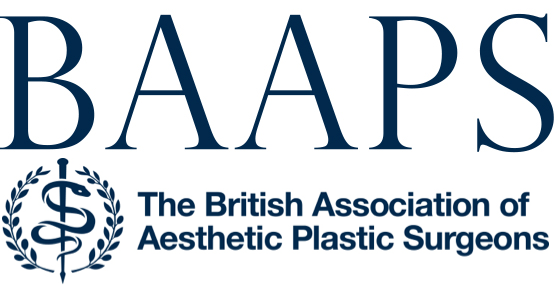-
Views
-
Cite
Cite
Robert H. Aicher, Policing Expert Testimony, Aesthetic Surgery Journal, Volume 19, Issue 6, November 1999, Pages 500–501, https://doi.org/10.1053/aq.1999.v19.103697001
Close - Share Icon Share
Extract
Despite the authority given to trial judges to exclude “junk science”—or, stated conversely, to admit only expert opinions based on empirically tested theories published in peer-reviewed journals1—expert testimony is generally suspect for 3 reasons inherent in our adversarial court system: (1) experts are paid by the respective parties, (2) juries are far more likely to be misled by experts than by lay witnesses, and (3) expert testimony continues to be available for virtually any theory being proposed. Nevertheless, expert testimony is here to stay. Unlike witnesses, who can only testify to first-hand knowledge, experts, by virtue of their credentials, are permitted to express opinions.
Because experts generally express opinions and because virtually any set of data can produce more than one plausible interpretation, it can be difficult to determine when medical testimony is false. Juries frequently have insufficient expertise to evaluate expert testimony at the scientific level, so they rely on the experts' credentials when determining the weight to be given to one expert's testimony over another's. State medical boards have attempted to impose discipline in clear-cut cases in which false credentials were involved.






